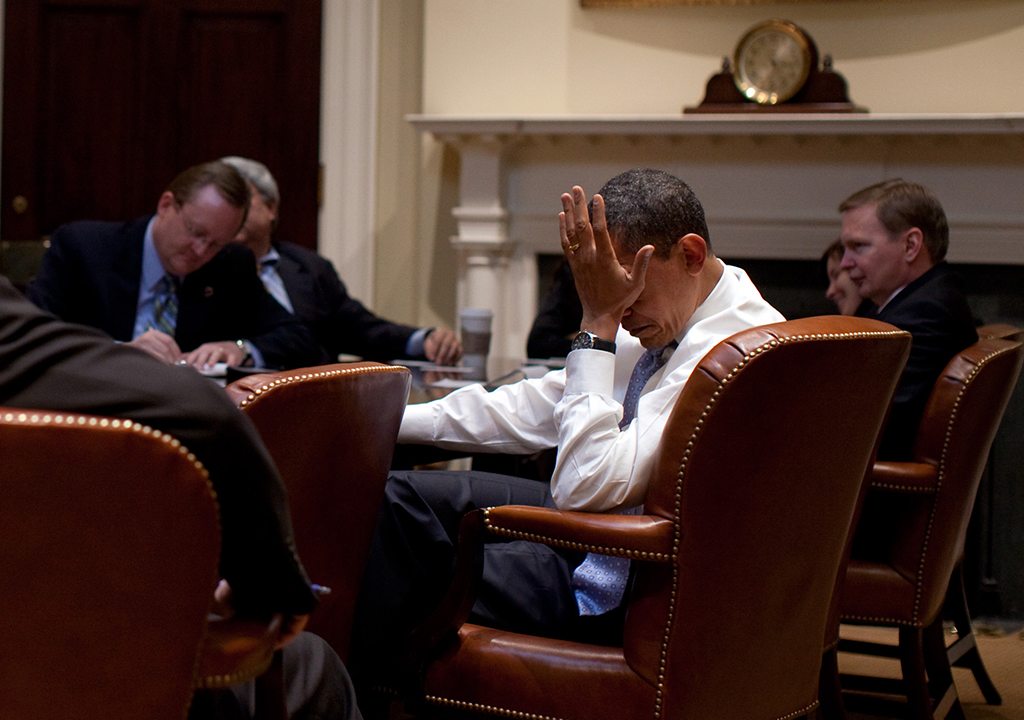After the attempted coup in Turkey, the GOP’s presumptive vice-presidential nominee Mike Pence had this to say last night.
I truly do believe that history teaches that weakness arouses evil and whether it be the horrific attack in France, the inspired attacks here in the United States, the instability in Turkey that led to a coup. I think that is all a result of a foreign policy of Hillary Clinton and Barack Obama that has led from behind and that has sent an inexact, unclear message about American resolve.
That is a classic example of what Jeffrey Goldberg called “the Carly Simon syndrome.”
Obama developed strong antibodies to what I call the Carly Simon Syndrome, which is an affliction affecting American policymakers so vain that they probably think Islamist extremism, and everything else, is about them. Obama, unlike many American analysts, does not suffer from this delusion. He sees the problems affecting parts of the Muslim world as largely outside American control.
It’s not terribly surprising to hear this kind of thing from Pence because we’ve learned to expect it from Republicans. In their minds, the United States is the center of the universe and they continually engage in the fantasy that we can control every event that happens around the globe – regardless of how wrong that has been proven over and over again (Iraq, anyone?)
But a more insidious example of the same thing comes in an article at Politico by Michael Crowley titled: “Did Obama get Erdogan Wrong?” While he never comes right out and says so, the implication is that if Obama had gotten Erdogan right, the coup wouldn’t have happened. For example, he outlines critiques of the President’s approach, including this one.
“We basically have turned a blind eye to Erdogan’s drive towards an authoritarian, one-man system of rule in Turkey,” said Eric Edelman, a U.S. ambassador to Ankara from 2003 to 2005 and a deputy secretary of defense under George W. Bush. “The president has acknowledged it, but we haven’t really done much about it, if anything.”
That needs to change, Edelman said. “If there’s anything we’ve learned from the last six years in that part of the world, it’s that one-man rule isn’t very stable.”
Perhaps you join me in an “OMG” response to a Bush administration official suggesting that “one-man rule isn’t very stable” (once again…Iraq, anyone?)
But the rest of the content Crowley provides demonstrates why President Obama initially had high hopes for the democratically elected leader of Turkey – only to find that they were misplaced.
But the relationship soured as Erdogan took a dark turn toward authoritarianism. Particularly since the Arab Spring toppled Muslim leaders in several countries, he became more repressive, and violently quashed popular protests in Istanbul in 2013. He also created a cult of power around himself, forcing out political rivals, posing like a modern-day sultan with actors dressed in Ottoman-era garb, and constructing a new $615 million, 1,000-room presidential place for himself.
“He has become more isolated and paranoid” since the Arab Spring, said Shadi Hamid, a senior fellow at the Brookings Institution and author of Islamic Exceptionalism.
Like it or not, the world we live in contains leaders like Erdogan. The specter of military rule providing much of an improvement is not very realistic. Unlike World War II when the Allied Powers were the “good guys” and the Axis Powers were the “bad guys,” things very rarely break down in ways that are that black and white. This is another reality that Republicans tend to struggle with.
If, as President Obama has suggested, we are to develop a 21st century approach to foreign policy, it is going to include accepting some situations that aren’t ideal from our perspective and recognizing that not everything is about us or under out control. Republicans will inevitably call that “weakness,” beat their chests with bravado and promise to make American win again. Rather than simply stay silent, more liberals need to step up to the plate and articulate a better alternative.



